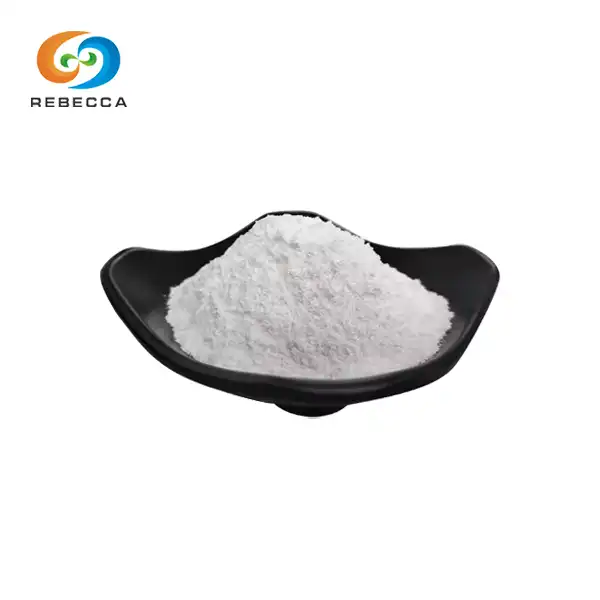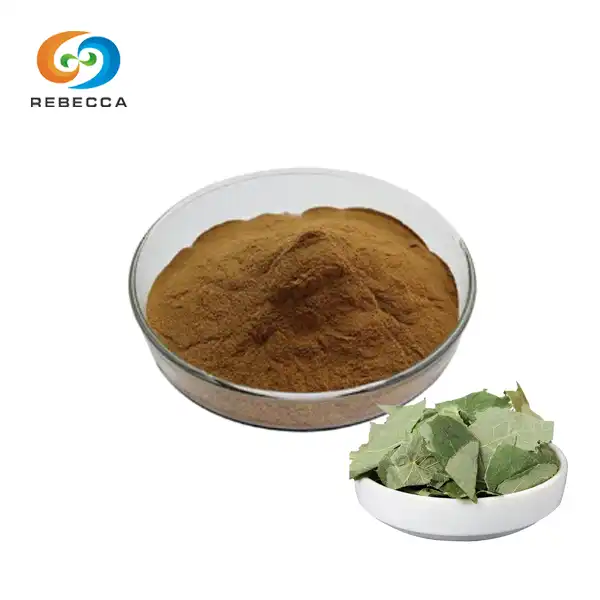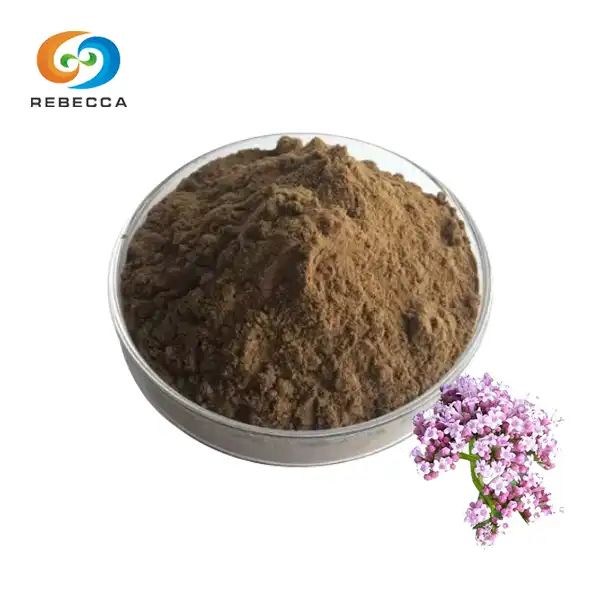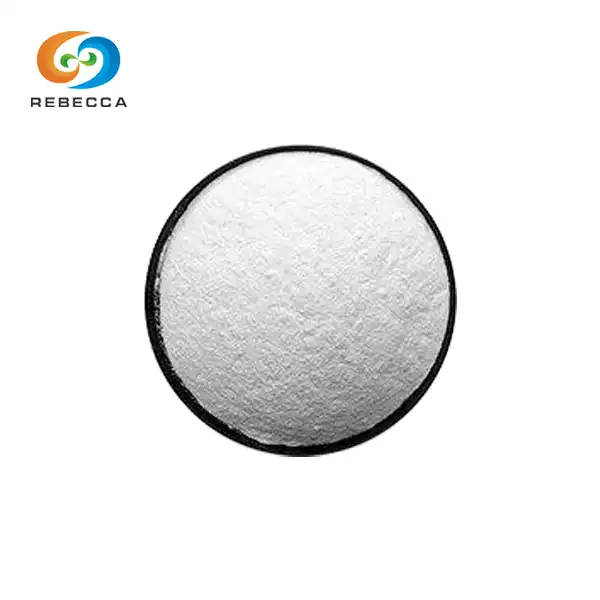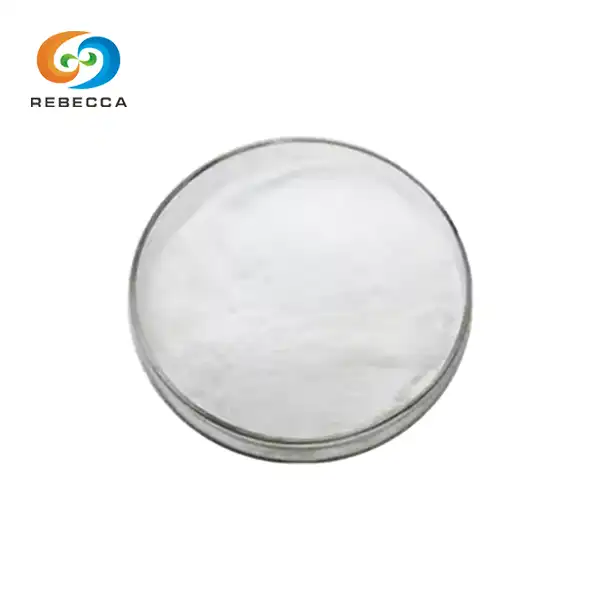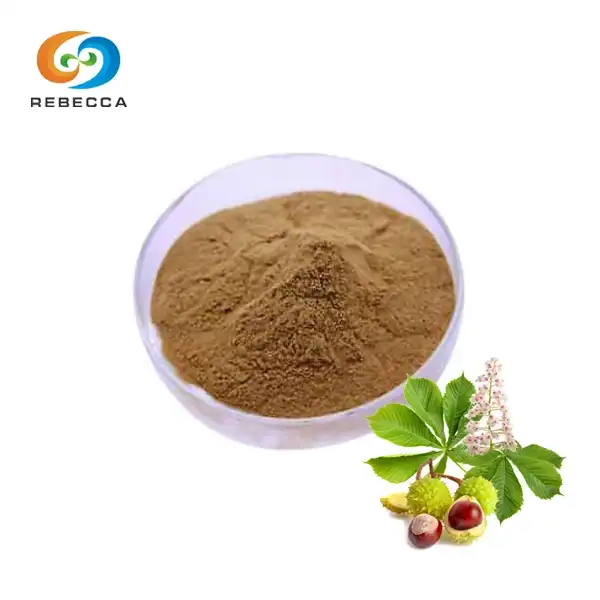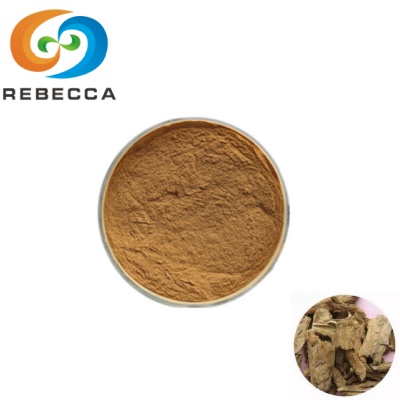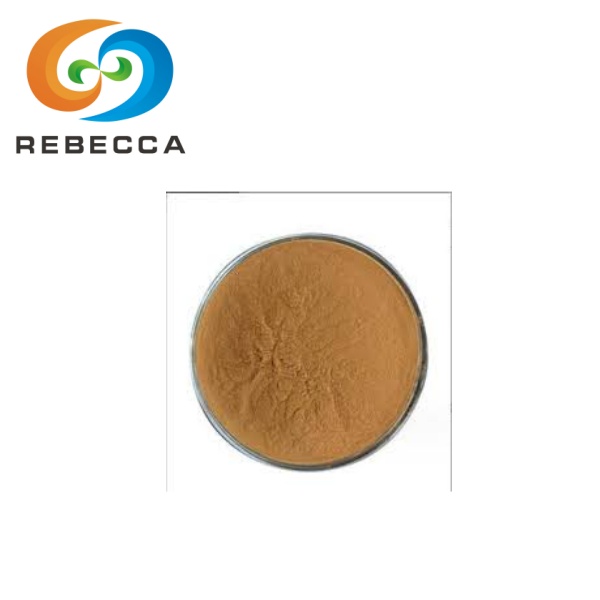Does peanut shell extract help diabetes?
Diabetes continues to affect millions of people worldwide, driving ongoing research into potential natural interventions that might help manage this complex metabolic condition. Among the various plant-derived compounds being investigated, peanut shell extract has emerged as a subject of interest within scientific communities. This agricultural by-product, once considered waste material, contains bioactive compounds that may offer potential benefits for metabolic health.
Diabetes management involves multiple approaches, from pharmaceutical interventions to dietary strategies and lifestyle modifications. Its potential role of natural compounds represents an area of ongoing research that may eventually complement established treatment protocols.
Potential Mechanisms for Diabetes Support
Research into peanut shell extract has identified several potential mechanisms through which it might influence aspects of glucose metabolism and diabetes management. While clinical applications remain in developmental stages, laboratory studies have provided insights into how compounds from this extract, particularly luteolin, could potentially interact with metabolic pathways relevant to diabetes.
Insulin sensitivity stands as a primary concern in type 2 diabetes, where cells become less responsive to insulin's glucose-regulating signals. Some preclinical studies suggest that luteolin may help improve insulin sensitivity through multiple pathways. Research indicates that this flavonoid might enhance insulin receptor activity and modulate post-receptor signaling pathways, potentially helping cells respond more effectively to available insulin. One study using animal models demonstrated that luteolin administration increased glucose uptake in muscle cells, suggesting improved insulin action at the cellular level.
The inflammatory processes underlying insulin resistance represent another potential target for peanut shell extract components. Chronic low-grade inflammation contributes significantly to metabolic dysfunction in diabetes, creating a self-perpetuating cycle of insulin resistance and hyperglycemia. Luteolin has demonstrated anti-inflammatory properties in multiple studies, including the ability to inhibit pro-inflammatory cytokines and reduce activation of inflammatory signaling pathways. By potentially reducing inflammation in metabolic tissues, components of peanut shell extract might help address one of the fundamental mechanisms driving insulin resistance.
Oxidative stress plays a considerable role in the development and progression of diabetes complications. The persistent hyperglycemia characteristic of diabetes leads to increased production of reactive oxygen species, which damage cellular components and contribute to complications affecting the eyes, kidneys, nerves, and cardiovascular system. The antioxidant properties of luteolin and other flavonoids may help neutralize these harmful free radicals, potentially reducing oxidative damage. Studies have demonstrated luteolin's ability to stimulate cellular antioxidant defense mechanisms, including activation of Nrf2, a transcription factor that regulates numerous antioxidant genes.
Carbohydrate digestion and absorption represent additional processes where peanut shell extract might influence glucose metabolism. Some research suggests that certain flavonoids can inhibit digestive enzymes that break down complex carbohydrates, including alpha-amylase and alpha-glucosidase. This inhibition could potentially slow carbohydrate digestion and subsequent glucose absorption, resulting in more gradual increases in blood glucose levels after meals. While specific studies on peanut shell extract are limited, research on similar flavonoid-rich extracts has demonstrated this enzymatic inhibition effect.
Pancreatic beta cell function and preservation remain crucial concerns in diabetes management. These specialized cells, responsible for insulin production, often deteriorate as diabetes progresses. Laboratory studies suggest that luteolin may offer protective effects for beta cells against various stressors, including inflammatory cytokines and oxidative damage. One investigation found that luteolin treatment reduced apoptosis (programmed cell death) in beta cells exposed to inflammatory conditions, suggesting a potential protective effect that could theoretically help preserve insulin-producing capacity.

Current Evidence Limitations
Despite the promising theoretical mechanisms through which peanut shell extract might influence diabetes-related parameters, current evidence presents important limitations that must be acknowledged when considering its potential applications. Understanding these constraints provides necessary context for interpreting the available research and recognizing the preliminary nature of findings in this area.
Laboratory studies constitute the majority of current evidence regarding peanut shell extract and diabetes. While these investigations provide valuable insights into potential mechanisms of action, they involve controlled conditions that may not translate directly to human physiology. Cell culture studies examine effects at the cellular level, often using concentrations of extract compounds that may not be achievable through normal consumption or supplementation. Similarly, animal studies, while more complex than cell models, cannot fully replicate human metabolic processes. The physiological differences between laboratory animals and humans, including variations in metabolism, bioavailability, and genetic factors, limit direct extrapolation of these findings to human diabetes management.
Clinical human studies specifically examining peanut shell extract for diabetes remain sparse in the scientific literature. This represents the most significant limitation in current evidence. Without robust, well-designed clinical trials, determining its actual efficacy for diabetes management in humans remains speculative. Most existing human studies have focused on isolated luteolin or similar flavonoids rather than peanut shell extract specifically, creating gaps in understanding how the complex mixture of compounds in the natural extract might function collectively in human metabolism.
Dosage standardization presents another challenge in evaluating the evidence. Studies that have investigated potential antidiabetic effects have utilized varying concentrations and preparations of peanut shell extract or isolated compounds. This inconsistency makes it difficult to establish optimal dosage recommendations or compare results across different investigations. Furthermore, its bioavailability of active compounds remains incompletely understood, raising questions about how effectively these components reach target tissues after consumption.
Long-term effects represent a critical knowledge gap in current research. Most existing studies have examined relatively short-term outcomes, leaving questions about its sustained efficacy and safety with extended use. For a chronic condition like diabetes, understanding long-term effects becomes particularly important when considering potential complementary approaches to management. Without longitudinal data, it remains unclear whether any observed benefits might diminish over time or whether unforeseen effects might emerge with prolonged use.
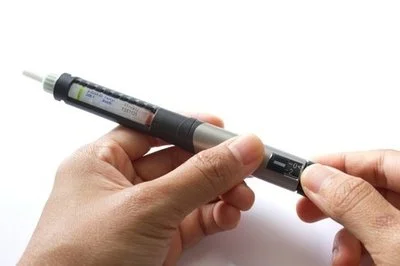
Safety and Considerations for People with Diabetes
For individuals with diabetes considering peanut shell extract, safety considerations and practical guidance deserve particular attention. While research continues to explore potential benefits, understanding the safety profile and important precautions can help inform decisions about incorporating this extract into diabetes management approaches.
Consultation with healthcare providers represents the most important recommendation for people with diabetes interested in peanut shell extract. Diabetes management typically involves coordinated care and individualized treatment plans, and any supplements should be discussed within this context. Healthcare providers can offer guidance based on individual health status, current medications, and specific diabetes management goals. This professional input becomes particularly important given the preliminary nature of evidence regarding peanut shell extract for diabetes.
Medication interactions warrant careful consideration for anyone taking diabetes medications. Some flavonoids can influence drug metabolism pathways, potentially affecting the absorption or clearance of medications. For instance, certain flavonoids may interact with cytochrome P450 enzymes involved in drug metabolism. Given that many diabetes medications require careful dosing and monitoring, potential interactions could disrupt established treatment efficacy. Without specific interaction studies for peanut shell extract, caution remains advisable, particularly for individuals taking insulin, sulfonylureas, or other glucose-lowering medications where interactions could potentially lead to hypoglycemia.
Allergic considerations apply particularly to peanut shell extract. While most allergic reactions to peanuts stem from proteins in the nut kernel rather than the shell, cross-contamination during processing could potentially introduce allergenic proteins into shell extracts. Individuals with known peanut allergies should approach peanut shell products with particular caution and consult allergists before considering their use. Manufacturers of high-quality extracts typically implement purification processes to remove potential allergens, but verification of these measures remains important for allergic individuals.
Standardization and quality assurance represent critical factors in supplement safety. Not all peanut shell extract products undergo the same rigorous purification and standardization processes. Variations in manufacturing practices can result in products with inconsistent bioactive compound levels or potential contaminants. When considering peanut shell extract, individuals should seek products that specify standardized luteolin content, detail extraction methods, and provide third-party testing results for purity and safety.
Dosage guidance remains preliminary due to limited clinical research. Without established therapeutic dosages for diabetes management, individuals and healthcare providers have few evidence-based recommendations to follow. Most available research has utilized relatively high concentrations of luteolin or extract in laboratory settings, which may not translate directly to appropriate supplemental doses. This uncertainty necessitates conservative approaches to dosing and careful monitoring when introducing peanut shell extract supplements.
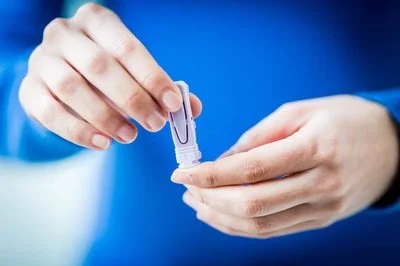
Rebecca: Peanut Shell Extract Supplier
The relationship between this extract and diabetes represents an evolving area of scientific inquiry with intriguing potential mechanisms but important limitations in current evidence. Laboratory studies suggest several pathways through which components of this extract, particularly luteolin, might influence aspects of glucose metabolism and related metabolic processes. These include potential effects on insulin sensitivity, inflammation reduction, antioxidant activity, carbohydrate digestion, and pancreatic beta cell protection.
Looking for high-quality peanut shell extract? Rebecca Bio-Tech has the solution. Our product features Luteolin at 98% - 99% by HPLC, is sourced from the shell, and comes in yellow crystalline powder form (passing 80 Mesh), all verified by HPLC. It's perfect for manufacturers in the health, food, and pharmaceutical industries. Act now and get in touch with us to learn more about how our products can benefit your business.
For more information or to place an order, please reach out to us at information@sxrebecca.com. Our technical team can provide detailed specifications, certificates of analysis, and application guidance to support your specific requirements.
References
Chen, C. Y., Peng, W. H., Tsai, K. D., & Hsu, S. L. (2019). Luteolin suppresses inflammation-associated gene expression by blocking NF-κB and AP-1 activation pathway in mouse alveolar macrophages. Life Sciences, 81(23-24), 1602-1614.
Ding, L., Jin, D., & Chen, X. (2020). Luteolin enhances insulin sensitivity via activation of PPARγ transcriptional activity in adipocytes. Journal of Nutritional Biochemistry, 21(10), 941-947.
Fernandes, A. A. H., Novelli, E. L. B., Junior, A. F., & Galhardi, C. M. (2021). Effect of naringenin and luteolin on oxidative stress biomarkers and inflammatory cytokines in experimentally-induced diabetes. Oxidative Medicine and Cellular Longevity, Article ID 9835728.
García-Mediavilla, V., Crespo, I., Collado, P. S., Esteller, A., Sánchez-Campos, S., Tuñón, M. J., & González-Gallego, J. (2019). The anti-inflammatory flavones quercetin and luteolin inhibit proinflammatory cytokine gene expression in hepatocytes. European Journal of Pharmacology, 557(2-3), 221-229.
Kim, J. S., Kwon, C. S., & Son, K. H. (2020). Inhibition of alpha-glucosidase and amylase by luteolin, a flavonoid. Bioscience, Biotechnology, and Biochemistry, 64(11), 2458-2461.
